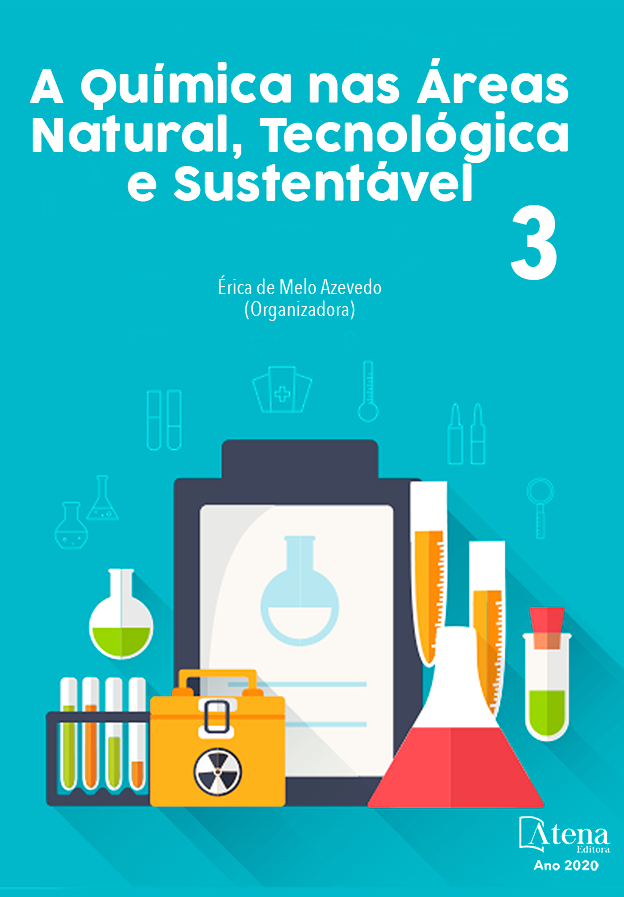
OPTIMIZATION SYNTHESIS OF BIODIESEL FROM MACAUBA OIL (ACROCOMIA ACULEATA) USING EXPERIMENTAL DESIGN TECHNIQUE
Este estudo teve como objetivo avaliar a síntese de ésteres metílicos, tendo como matéria-prima o óleo da amêndoa de macaúba (Acrocomia aculeata mart.), a partir da reação de transesterificação empregando o ácido p-toluenossulfônico. O planejamento realizado para os ensaios de transesterificação foi o Delineamento do Composto Central com fatorial de 22 sendo a avaliação do teor de ésteres metílicos obtida por termogravimetria. A melhor condição encontrada foi obtida empregando-se 11,5% de catalisador, razão molar óleo:metanol de 1:6, temperatura 65 °C, agitação de 200 rpm e tempo de reação de 4,25 horas, obtendo-se um rendimento de 99%. A partir do modelo matemático gerado, foi comprovada a validade deste para as condições experimentais.
OPTIMIZATION SYNTHESIS OF BIODIESEL FROM MACAUBA OIL (ACROCOMIA ACULEATA) USING EXPERIMENTAL DESIGN TECHNIQUE
-
DOI: 10.22533/at.ed.84220170918
-
Palavras-chave: Biocombustível. Óleo da Amêndoa de Macaúba. Transesterificação. Termogravimetria. Modelo Matemático
-
Keywords: Biofuel. Oil Macaúba almond. Transesterification. Thermogravimetry. Mathematical Model
-
Abstract:
This study aimed to evaluate the synthesis of methyl esters, having as raw material macauba almond oil (Acrocomia aculeata mart.) from the transesterification reaction using p-toluenesulfonic acid as catalyst. The planning conducted for the transesterification trials was the Rotatable Central Composite Design, with a factor 22, which originated the experimental mathematical model. The evaluation of the content of methyl esters was performed by thermogravimetry, and the best condition found for the percentage yield of methyl esters was obtained employing 11,5% catalyst, molar ratio of oil: methanol 1:6, 65°C temperature, 200 rpm stirring and reaction time of 4.25 hours, achieving a yield of 99%. From the generated mathematical model was demonstrated the validity of the experimental conditions.
-
Número de páginas: 20
- Maikon Aparecido Schulz dos Santos
- Eduardo Eyng
- Juliana Cortez
- Daniel Walker Tondo
- Laercio Mantovani Frare
- Melissa Budke Rodrigues
- Michelle Budke Costa


